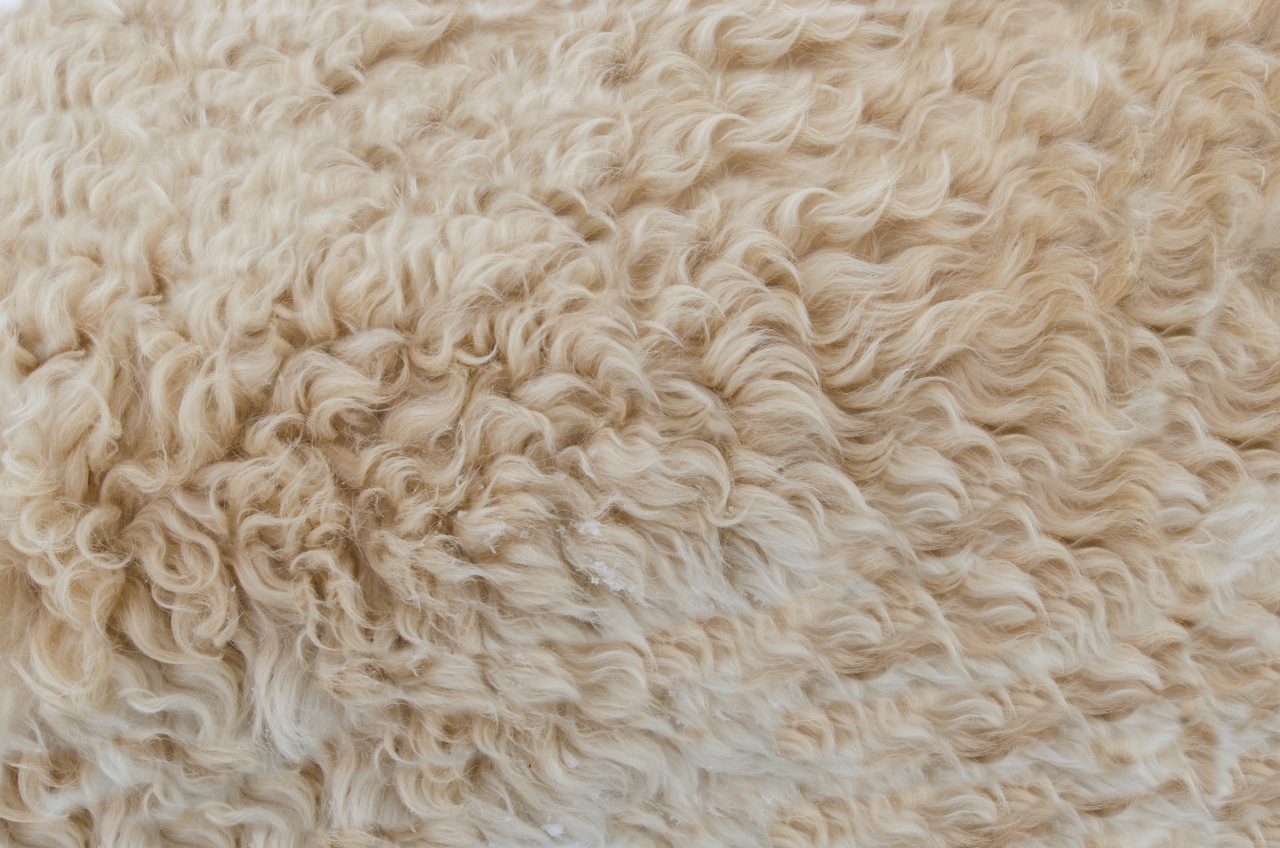Menopause is a natural phase in a woman’s life that marks the end of her reproductive years. It typically occurs between the ages of 45 and 55, but the exact timing varies for each individual.
During this period, women experience various physical and hormonal changes, and one of the most common issues is dry skin.
The Causes of Dry Skin in Menopause
There are several factors that contribute to dry skin during menopause:.
1. Hormonal Changes
During menopause, the levels of estrogen and progesterone decrease significantly, leading to changes in the skin’s structure. Estrogen helps maintain the production of collagen and oils that keep the skin moisturized.
With the decline in estrogen, the skin becomes drier and less elastic.
2. Aging
As women age, their skin naturally becomes drier due to a decrease in oil production. This, coupled with the hormonal changes during menopause, can exacerbate dryness and lead to itchiness, flakiness, and a dull complexion.
3. Environmental Factors
Environmental factors such as low humidity and long exposure to central heating or air conditioning can further aggravate dry skin during menopause. These conditions strip the skin of its natural moisture, leaving it dry and dehydrated.
4. Lifestyle Factors
Unhealthy lifestyle habits, including smoking, excessive alcohol consumption, and a poor diet, can all contribute to dry skin. These habits can deplete the skin’s moisture levels and hinder its ability to retain water.
Managing Dry Skin in Menopause
While it may not be possible to completely prevent dry skin during menopause, there are several measures you can take to manage and alleviate its symptoms:.
1. Moisturize Regularly
Invest in a good quality moisturizer that is suitable for your skin type. Look for products that contain hydrating ingredients like hyaluronic acid, ceramides, and glycerin. Apply moisturizer at least twice a day, focusing on areas prone to dryness.
2. Use a Gentle Cleanser
Avoid harsh soaps and cleansers that can further strip the skin of its natural oils. Opt for mild, fragrance-free cleansers that cleanse without drying out the skin. Avoid excessive scrubbing or hot water, as they can exacerbate dryness.
3. Take shorter, cooler showers
Long, hot showers can be relaxing, but they also strip the skin of its natural oils, leading to dryness. Limit your shower time and use lukewarm water instead of hot water.
Be gentle when drying off, patting the skin with a soft towel rather than rubbing vigorously.
4. Avoid Irritants
Some skincare products, such as certain fragrances and alcohol-based toners, can irritate dry skin. Read product labels carefully and avoid ingredients that may aggravate your skin.
Test new products on a small patch of skin before applying them to your entire face.
5. Humidify Your Environment
Invest in a humidifier to add moisture to the air in your home. This can help combat the dryness caused by central heating or air conditioning systems. Aim for a humidity level of 30-50% to maintain comfortable and moisturized skin.
6. Stay Hydrated
Drinking an adequate amount of water is essential for overall skin health. Aim to drink at least 8 glasses of water per day to stay hydrated from the inside out.
Avoid excessive caffeine and alcohol intake, as they can dehydrate the body and further contribute to dry skin.
7. Protect Your Skin
When heading outdoors, always protect your skin from harsh weather conditions. In colder months, wear a scarf or a hat to shield your face from cold winds.
In warmer months, use a broad-spectrum sunscreen with at least SPF 30 to protect against harmful UV rays.
8. Eat a Healthy Diet
Your diet plays a crucial role in maintaining healthy skin. Include foods rich in omega-3 fatty acids, such as salmon, flaxseeds, and walnuts, which help retain moisture in the skin.
Consume plenty of fruits, vegetables, and antioxidants to nourish your skin from within.
9. Seek Professional Advice
If your dry skin is severe or persists despite your efforts, consider consulting a dermatologist.
They can provide personalized recommendations and prescribe topical treatments or medications to alleviate dryness and improve your skin’s condition.
10. Practice Stress Management
Stress can worsen various skin conditions, including dryness. Engage in stress-reducing activities such as yoga, meditation, or deep breathing exercises. Adequate sleep and relaxation can also contribute to healthier skin.
Remember, dry skin during menopause is a common concern that can be managed with proper skincare and lifestyle adjustments.
By following these tips and being consistent with your routine, you can help alleviate dryness, restore hydration, and maintain a radiant complexion.






























